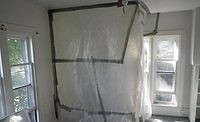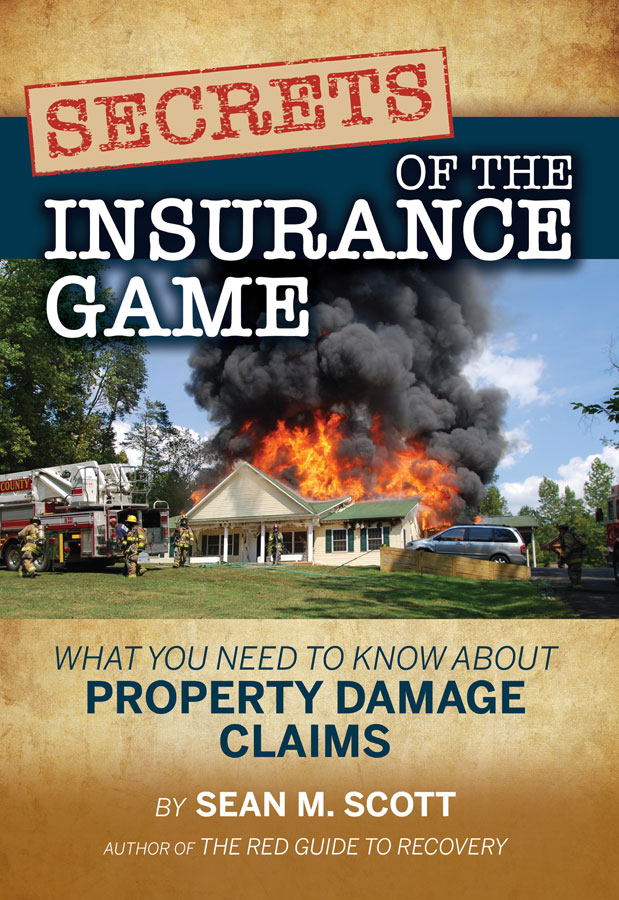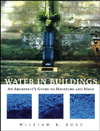The term “indoor environmental professional” has become part of the remediation and restoration industry nomenclature since the 2003 publication of the “IICRC S520 Standard and Reference Guide for Professional Mold Remediation.” A new S520 anticipated to receive ANSI approval this year likewise refers extensively to an IEP. S520 identifies an IEP as one who is qualified to determine environmental conditions, assess fungal ecology and perform post-remediation verification. Within the context of S520, one can infer that an IEP might also assess overall indoor environmental conditions, specify and oversee remediation protocol, and/or assess health and safety issues.
The work of an IEP requires a wide breadth of professional competence and experience, formal education and specialty training. An IEP might be an engineer, an industrial hygienist, an environmental inspector, a health and safety officer, an IAQ investigator or even a physician. There isn’t a single designation, license or certification for an IEP, nor should there be. In fact, IICRC and several other organizations are ensuring the term IEP is protected against use in certification programs that fail to adequately measure competence, experience and education.
Where Do You Find an IEP?
For restoration and remediation projects, the parties most often designated as the IEP come from the industrial hygiene, environmental inspection, and IAQ consulting industries. Individuals deemed qualified within these industries typically demonstrate their qualifications by obtaining certification from a third-party accredited certification organization. For example, any qualified industrial hygienist holds the “Certified Industrial Hygienist” designation bestowed by the American Board of Industrial Hygiene (www.abih.org). Likewise, those performing IAQ and microbial consulting services typically hold the “Council-certified Indoor Environmental Consultant” or “Council-certified Microbial Consultant” designations awarded by the American Indoor Air Quality Council (www.iaqcouncil.org). You may encounter a “Certified Safety Professional” serving as an IEP. CSP is awarded by the Board of Certified Safety Professionals (www.bcsp.org).
The directories of certified professionals found at the Web sites listed above provide a starting point in locating an IEP. The certifying bodies themselves provide detailed information about what their designations mean, including education, experience and testing prerequisites. Whether you are following the lead of an IEP or searching for one to back you up, knowing what their certification designations acknowledge is essential.Don’t Be Fooled by Imitations
There are for-profit and non-profit organizations offering certification or registration under a title that implies the kind of professional competency and experience expected from an IEP. Some certifications are obtainable simply by paying a fee, signing a code of conduct, or attending a one-day course. The best way to distinguish a legitimate credential from a potentially bogus one is to examine the certification bodies that bestow the credentials.
Certification bodies that have obtained third-party accreditation by a known, respected accreditation body maintain the highest standards. The Council for Engineering and Scientific Specialty Boards and the National Organization for Competency Assurance, for example, are the accreditation bodies for ABIH, the American IAQ Council, and BCSP.More Than Certification
Certification alone doesn’t equate to professional competency. In evaluating an IEP the diverse nature of the IEP’s potential scope of work requires that one examine complete Curriculum Vitae. Last year the Indoor Air Quality Association launched a revolutionary program that allows IAQ professionals, consultants and contractors to present their career qualifications online at the IAQA website. IAQA PRO.FILES is an online repository for details about a person’s education, training, certification, licensing, memberships and other activities that define a competent practitioner. For one who claims to be an IEP, the data verified in an IAQA PRO.FILE helps to prove their qualifications.
IAQA members include indoor environmental professionals, CIHs, CIECs, CMCs, CSPs and thousands of contractors from the restoration and remediation industries. Take advantage of IAQA’s many benefits, including IAQA PRO.FILES, by joining the association. Visit www.iaqa.org to apply today!
In Search of the IEP



